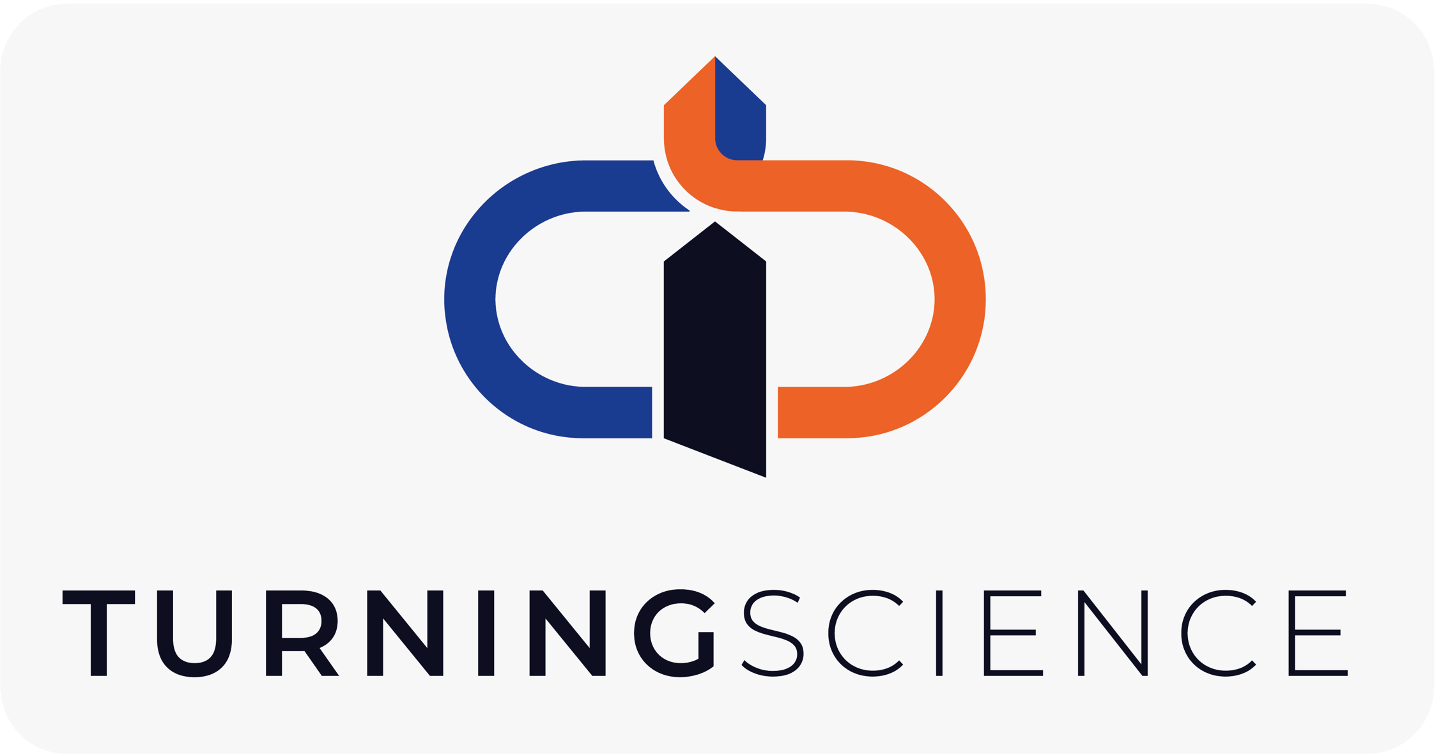Founder Fresh Takes #1 - But can you sell it?
The Essential Skill Startup Founders Often Lack
A collaborative project by David Giltner and Paul West
Scientists and engineers who found companies often convince themselves that their creativity, intellect, risk tolerance and/or vision are enough to assure entrepreneurial success. On the contrary, perhaps the most important talent for anyone who wants to be successful in the startup game is the ability to sell your ideas and your products.
To some it seems that anyone capable of mastering the complex analytical skills required to earn an advanced technical degree should have no problem mastering all of the other aspects of business. After all, if you can solve a third order differential equation, you can do anything, right?
Not so fast.
Scientists and engineers learn to convince others with proof. That’s because they work in a domain where they goal is to produce something that everyone in the world will agree with. Scientific discoveries are subjected to peer review and engineering designs are subject to design review. These gates are successfully passed by providing data and analysis that are self-evident upon review by any qualified, but objective, third party.
But selling involves persuasion, and that’s a whole different ball game. Convincing someone to invest in your company or to join your team of three people with a crazy idea or to buy your ‘only one of its kind’ product involves dealing with the subjective. You must see the world from the perspective of the person you are hoping to influence and understand what matters to them. This does not seem to come naturally to many of the scientists and engineers we’ve met.
If your startup team does not include a partner who thrives on selling your ideas and products to others, you can expect to spend half of your time selling. But they must be a key member of the team who understands and embraces the startup’s vision fully or they will not be convincing when talking to investors or customers.
If you don’t have such a person and decide to take on the sales role yourself, which is often the CEO role in the early days of a tech startup, we encourage you to take it very seriously. Read books by professional sales managers, take a course on writing copy, and study both the art of negotiating and the science of persuasion. But most of all, you must fully understand why your target customers will buy your products. And why they might not.
Once you are in the financial position to be able to hire a dedicated salesperson, you will likely find that it is not easy to attract a skilled professional salesperson. Those who have been in business long enough often find that good salespeople are among the most difficult of any role to recruit.
Technical skills and good design practices can be taught, but the ability to understand the world from the perspective of a complete stranger is not just a skill—it's a superpower.



